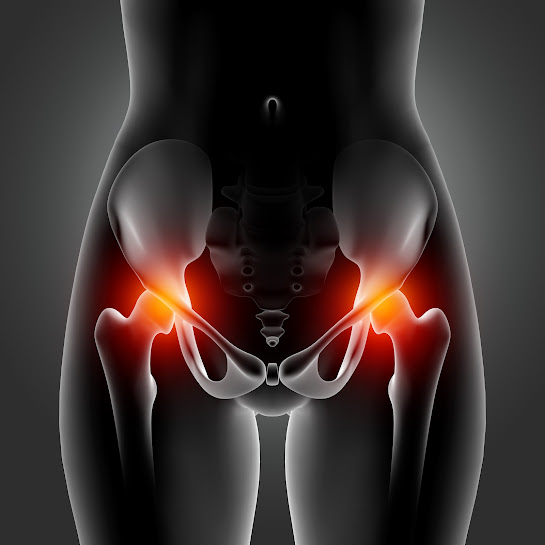Cartilage Cell Therapy - Regrow Cartilage in The Joints
Articular cartilage is a slippery and shock-absorbing tissue layer. Losing this layer causes joint pain and arthritis. In India, a vast population is affected by this health condition. Nearly 1 in 3 older adults suffer from joint pain or arthritis. And a far higher number of people are burdened by joint pain and inflammation. Articular cartilage is a complex tissue that functions as a slick and bouncy cushion between the joint bones. Cartilage can get damaged due to injury, trauma, disease or simply due to aging. This leads to the bones rubbing each other which eventually results in arthritis. Damaged cartilage can be treated with microfracture. In this technique, tiny holes are drilled into the joint surface. The technique triggers our body to create new cartilage tissue in the joint. But the newly regenerated tissues are not much like cartilage. They are more like scar tissue and are called fibrocartilage. They differ a lot from natural cartilage, and it just covers the bone but does...
